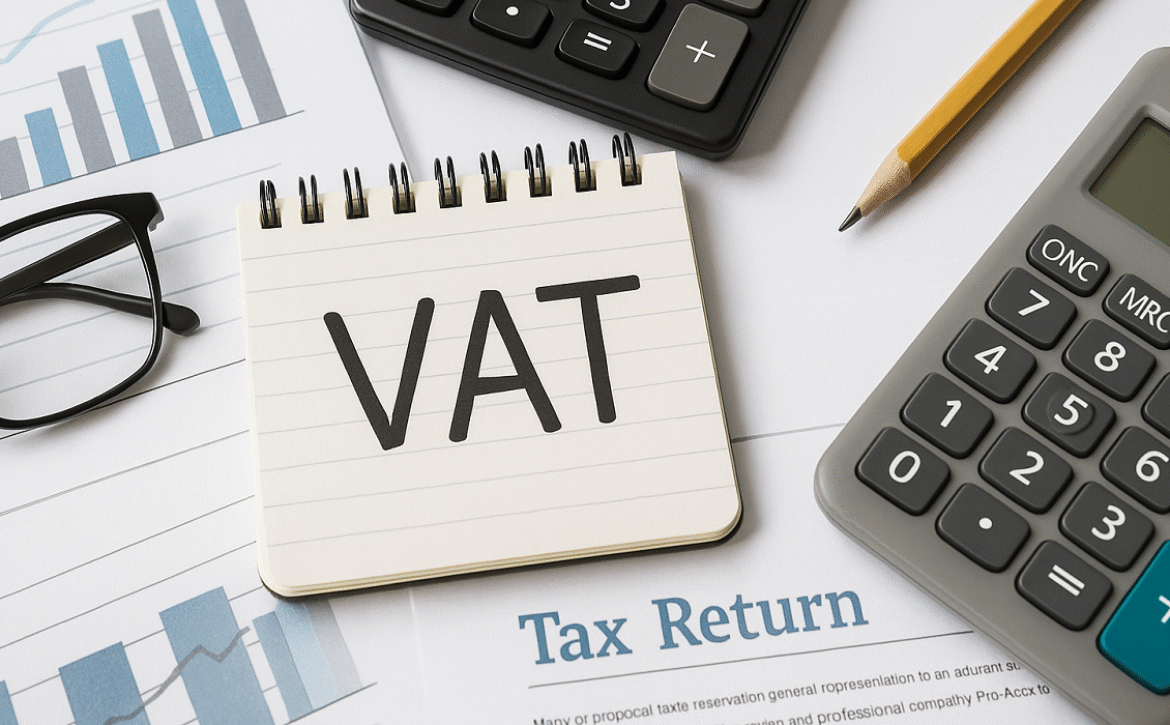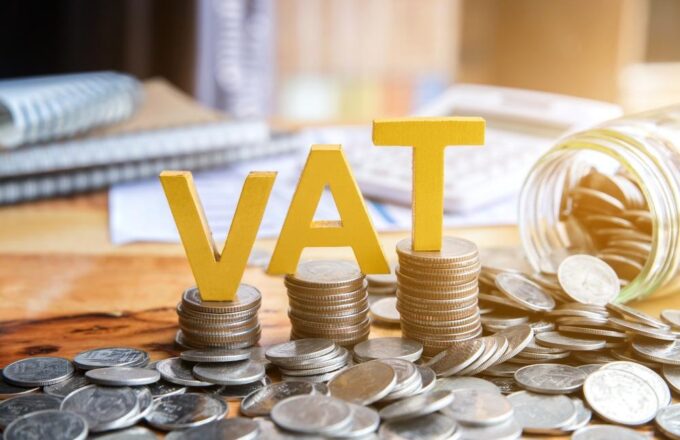UAE Corporate Tax Guide
Corporate Tax in UAE: What Every Business Owner Needs to Know in 2025
Corporate Tax in UAE: What Business Owners Need to Know in 2025 will certainly be an important consideration for businesses across the region. The business landscape across the UAE continues to develop rapidly, and tax compliance is now a necessary consideration for long-term sustainability. Every business owner must have baseline knowledge of the new tax laws, reporting and compliance requirements, and tax protocols. The UAE Corporate Tax Guide offers useful clarification for these developing rules and obligations for businesses. Therefore, the sooner businesses get more clarity on the new tax laws and compliance requirements today, more better the confidence these businesses will have operating their businesses come 2025.
Incorporating corporate tax formalized and clarified the financial ecosystem. Investors now feel that the UAE is an open, transparent, and predictable market. Still, many, if not most, business owners, do not understand the full particulars of corporate tax. UAE Corporate Tax Guide: What Every Business Owner Needs to Know in 2025 encapsulates the key elements of corporate tax that leaders should consider. Being informed about corporate tax can help business owners avoid penalties, cash flow problems, and audit risk.
Appreciating the Rationale for the UAE Corporate Tax Guide
Corporate Tax in UAE: What Every Business Owner Needs to Know in 2025 opens with the rationale for the tax itself. The UAE introduced corporate tax to bolster its credibility as a global economy. The taxation is intended to align the UAE with other countries’ global taxation frameworks and promote long-term sustainable development goals. In addition, the tax has the intention of promoting responsible and sustainable behaviors on behalf of businesses and lessening dependency on oil revenue.
Business owners must view corporate tax as another component of managing a business. If businesses are well-structured from a tax perspective, more stable and predictable operations are feasible. Moreover, companies that are ready for tax purposes attract stronger investors and partners.
Who Needs to Pay UAE Corporate Tax Guide in 2025?
Every business must understand its tax position.
UAE Corporate Tax Guide: UAE Corporate Tax Guide 2025 states that most businesses with taxable income above the exempt amount must pay tax. Companies operating in the free zone will not be exempt and may need to pay tax – unless they meet a separate test demonstrating qualification for examination.
You’ll need to properly classify the activity. You’ll need to classify whether you operate in the mainland, free zone, or multinational. Identifying the activity is key to compliance and to avoid unnecessary tax.
The Current Tax Rates and Thresholds
Operating a UAE corporate tax structure is easy to understand. Businesses with income under the defined exemption will be taxed at 0%. Profits that exceed this threshold will be taxed at the imposed 9% threshold. If you own a business, Corporate Tax in UAE: What Every Business Owner Needs to Know in 2025 asks that you know the current thresholds. Errors in calculations of any kind could result in late fees and a potential financial audit if not calculated correctly for taxable activity.
Companies need to ensure that their records are clear to support their financial position. Good recordkeeping creates an effective form of backup in the interest of tax review.
The Significance of Precise Financial Conservation: UAE Corporate Tax Guide
Keeping accurate financial books is important and necessary for all business entities in the UAE. The guide: UAE Corporate Tax Guide: What Every Business Owner Needs to Know When It Starts in 2025, reiterates the significance of keeping well-organised and complete financial books. Businesses are required to keep ledgers, receipts, contracts, and bank statements. Business owners must keep organized records to the extent that they facilitate tax audits and assessments.
Keeping clear financial records mitigates compliance risk. It assists organizations in appropriately calculating tax obligations. Organized records will provide clarity to businesses claiming deductions, while also preventing confusion.
Deductible Employee & Business Expenses
Numerous businesses are unfamiliar with the types of costs that they can claim. Corporate Tax in the UAE: What Every Business Owner Needs to Know When It Starts in 2025 reaffirms the importance of financial costs being classified correctly. Deductions enable the deduction of business costs such as operational costs, salaries, utilities, and other legitimate business costs. However, companies have to support the expenses with a reasonable degree of certainty.
Deductions that are incorrectly claimed may result in penalties being applied. As a result, the owners will need to take the time to inspect all applicable expenses, while ensuring that they predicate all business deductions with reasonable certainty.
Filing Requirements And Deadlines: UAE Corporate Tax Guide
Businesses must file all submissions by the deadlines established by the tax authority. The Corporate Tax in UAE: What Every Business Owner Needs to Know in 2025 states that late payments incur penalties, escalating due to tax return audits. Each business will be required to file a tax return every year. The tax return must include an accurate set of financial statements presented in supporting documents.
The Role of Tax Audits In 2025
Tax audits are important for the integrity and fairness of tax systems around the world. Corporate Tax in UAE: Key Information for Business Owners in 2025 highlights the need for businesses to prepare for audits and that the government may audit them at any time to confirm that they submitted accurate tax returns. Maintaining quality records/documentation provides support for a smooth process audit; while maintaining incomplete or poor tax records/documentation increases your risk of being audited also with potential tax liabilities potentially reaching significant amounts.
All businesses should undertake a continuous review or compliance check. Free zone companies will have to accommodate the corporate tax regime, and although qualifying companies may have 0% rate on qualifying income, it is necessary and critical to understand income classifications, so as not to create tax liabilities of true significance.





